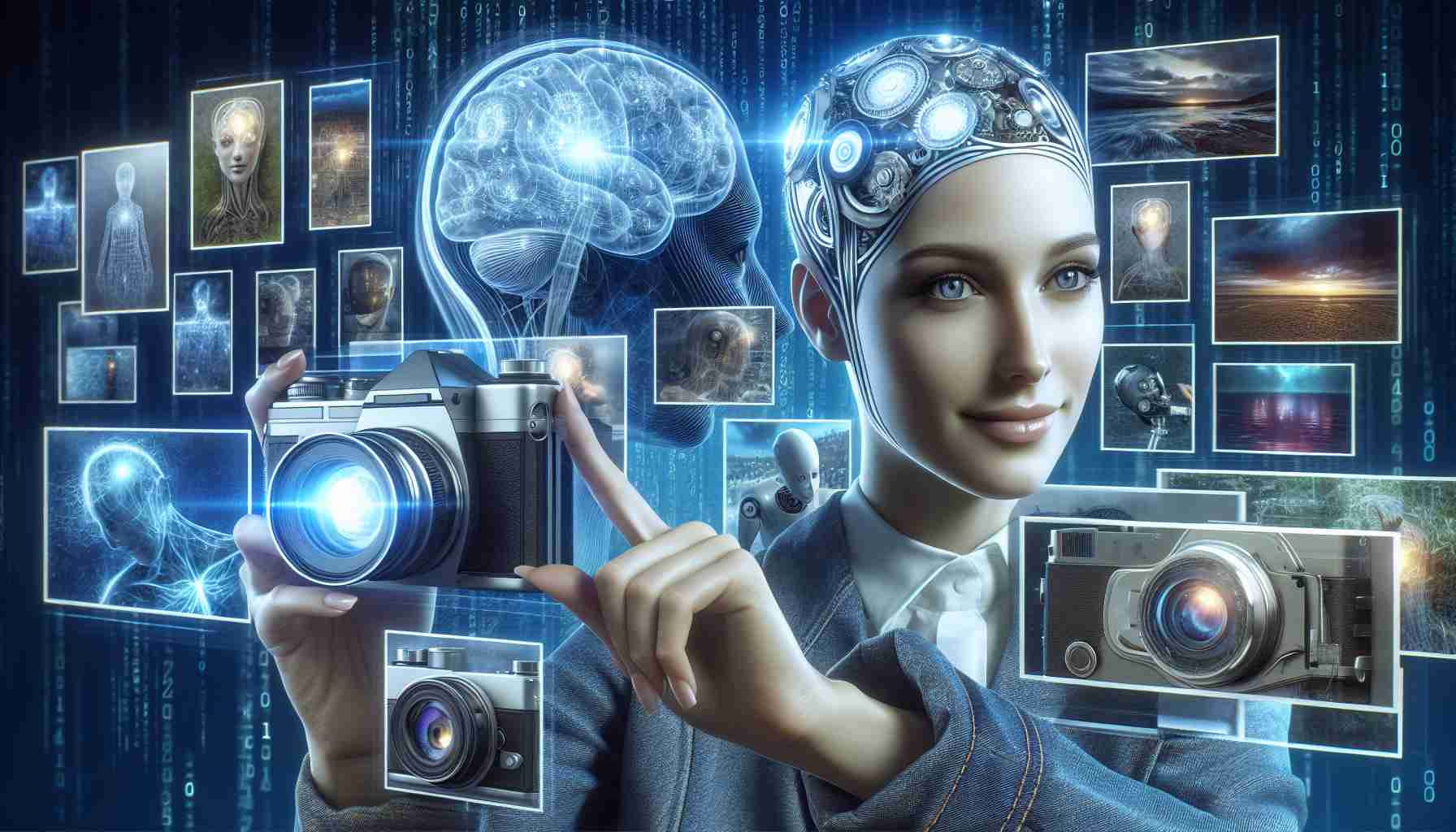Researchers from the Institute of Cognitive Neuroscience at University College London have shown how Artificial Intelligence can help explain how human memory allows us to learn about the world, relive past experiences, and create new ones in our imagination and planning. The study was published in the journal Nature Human Behaviour.
The study focused on the networks representing the hippocampus and neocortex, key brain components that collaborate during memory, imagination, and planning processes. An Artificial Intelligence model was exposed to 10,000 simple scene images, and the activity in the hippocampus quickly encoded each scene as it was experienced. The encoded information was then replayed to train a generative neural network in the neocortex. The neocortex network learned to conceptually represent scenes efficiently.
This study sheds light on the role of the hippocampus in encoding the meaning of new scenes, allowing it to focus on unique features that the neocortex cannot recreate. This dynamic interaction explains how the neocortex gradually acquires conceptual knowledge and works with the hippocampus to replay events in our minds, facilitating the ability to “relive” past events.
Furthermore, the research reveals how the brain generates new events during imagination and future planning. It also explains why existing memories often show “distortions in the form of a general bias,” where unique features are generalized and remembered as more similar to features from previous events.
This groundbreaking study not only deepens our understanding of the complex interaction between memory and imagination but also highlights the potential of generative AI in unraveling the mysteries of cognitive processes in the human brain.
FAQ:
1. What is the main discovery of the study?
The study showed that Artificial Intelligence can help understand how human memory works and how we create new experiences in our imagination and planning.
2. Which brain regions were investigated?
The study focused on the hippocampus and neocortex, crucial brain regions responsible for memory processes, imagination, and planning.
3. How was the study conducted?
An Artificial Intelligence model was exposed to 10,000 scene images. The activity in the hippocampus encoded each scene as it was experienced, and then the information was replayed and used to train a generative neural network in the neocortex.
4. What is the significance of the hippocampus in memory?
The study explains the role of the hippocampus in processing the meaning of new scenes that cannot be reproduced by the neocortex. The hippocampus focuses on the unique features of scenes, allowing us to “relive” past events.
5. What does the study reveal about imagination and planning in the brain?
The study reveals how the brain generates new events through imagination and planning. It also explains why some memories are distorted and similar to previous events.
6. What is the significance of this research?
This research deepens our understanding of the interaction between memory and imagination, and demonstrates the potential of Artificial Intelligence in unraveling the mysteries of cognitive processes in the brain.
Key Term Definitions:
– Artificial Intelligence (AI): a field of computer science that focuses on creating intelligent machines capable of autonomous learning and decision-making.
– Hippocampus: a brain region responsible for processing and storing memory information.
– Neocortex: the outermost layer of the cerebral cortex, playing a role in cognitive processes such as thinking, memory, and planning.
– Conceptual scene: a collection of sensory and contextual information that forms a representation of a specific place or event.
Recommended Related Links:
– Nature Human Behaviour
– University College London
The source of the article is from the blog mivalle.net.ar
